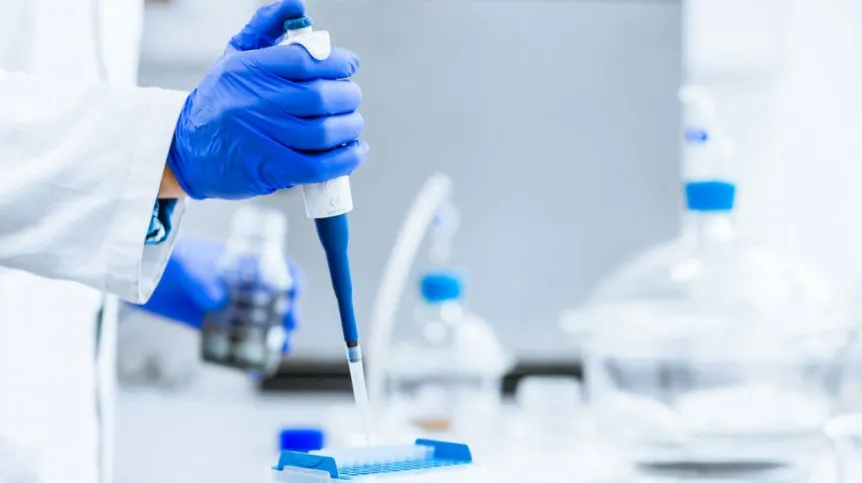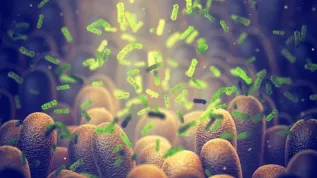
The collaboration of researchers from three Polish universities allowed to determine with which molecules an important enzyme of the Zika virus - NS3 serine protease can bind. The obtained data will allow to develop effective drugs to inhibit Zika infection.
Pioneering work concerning the Polish research was published in FEBS Letters - he told PAP spokeswoman for the University of Gdańsk, Beata Czechowska-Derkacz.
Like other viruses of the family Flaviviridae, the Zika virus uses NS3 serine protease, the enzyme responsible for processing and replication of other viral proteins.
Cooperating scientists from three research units: University of Gdańsk (Natalia Gruba, Magdalena Wysocka, Adam Lesner), Wrocław University of Technology (Renata Grzywa, Maria Łęcka, Marcin Sieńczyk) and the Jagiellonian University (Jose Ignacio Rodriguez Martinez, Michael Burmistrz, Krzysztof Pyrć) were the first in the world to determine the substrate specificity of the Zika virus.
Now we know what chemical molecules fit into the active centre of the enzyme and how to block its activity. The enzyme is like a lock, which can only be unlocked by specific keys - if it is skilfully blocked, the virus becomes powerless.
This knowledge will help develop effective drugs to inhibit Zika infection.
Zika virus transmitted by mosquitoes comes from Africa, but it has spread in Asia, America and Europe. It was discovered in 1947 in organisms from Uganda monkeys - macaques (Zika is the name of the forest where the macaques lived). Initially it seemed harmless to humans - most infections had no or only mild symptoms. However, recent years have brought a radical change in the views - it is now known that in infected women damage to the foetus may occur, and the virus sometimes causes Guillain-Barre syndrome, an autoimmune disease that leads to paresis of muscles and tingling and numbness of feet (paresthesia), and even paralysis and death.
PAP - Science and Scholarship in Poland
pmw/ agt/ mrt/
tr. RL













